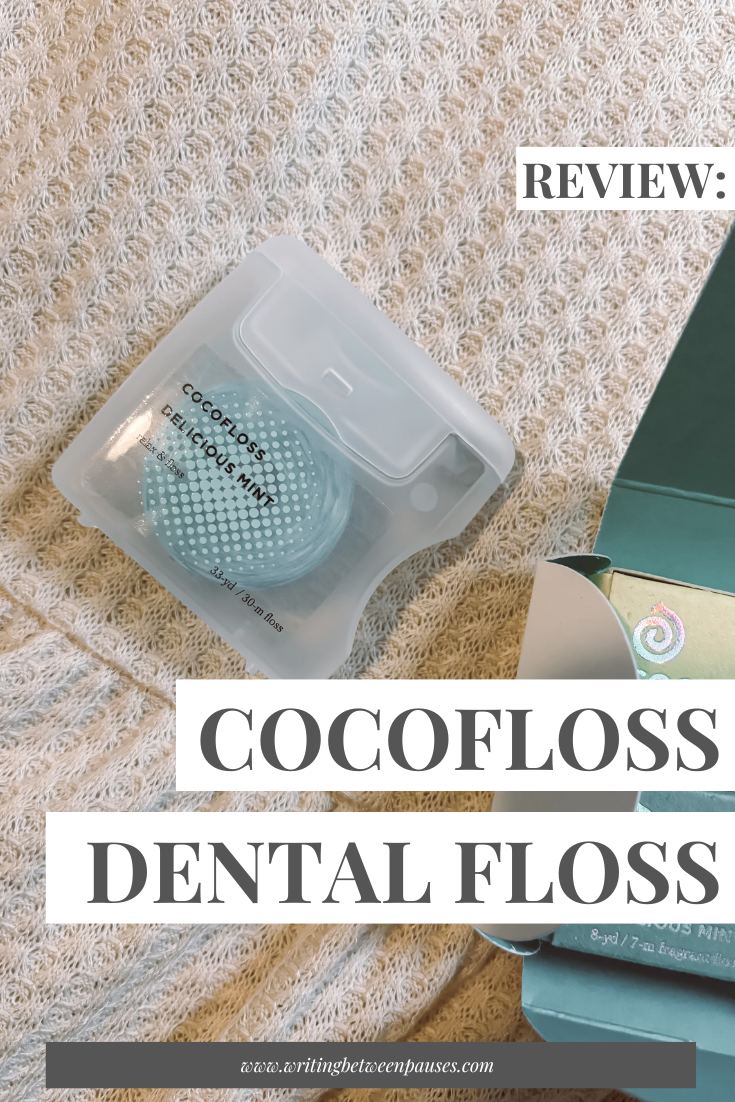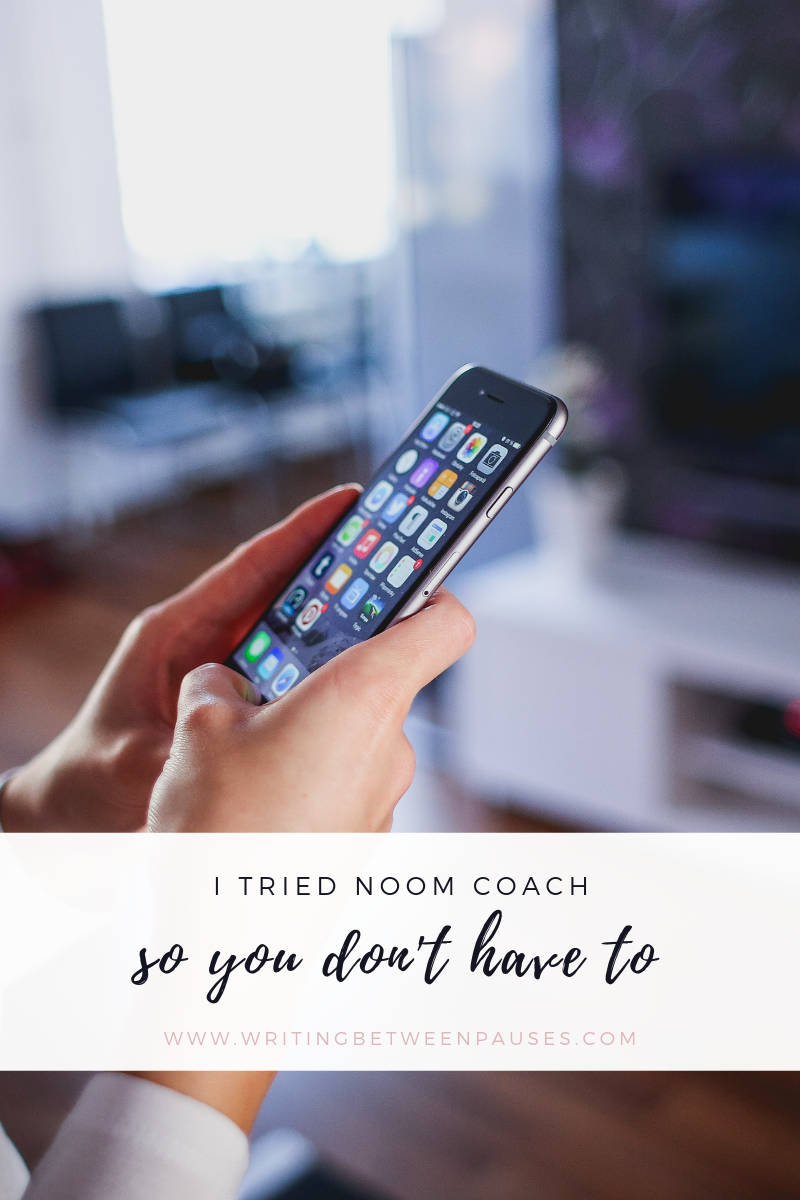Deprivation is, as they say, bullshit. I know this. You know this. Ok, maybe you don’t know this—or maybe you just don’t quite believe it yet. Not everyone is aware of the dangers of diet culture and what it does to us psychologically. If you, like me, grew up in the 90s, you were bombarded with messages about dieting and thinness versus fatness. And if you, like me, absorbed all these messages, you’ve been mildly obsessed with what you eat, with working out, with controlling your body in small ways for at least a few years, if not longer.
As I’ve gotten older, I’ve definitely finding myself fighting these messages internally even more. Especially after becoming a mother, there is so much pressure to look and behave a certain way, to try and take “control” of your body again. Working in offices over the years, diet and weight is always a topic of conversation among women in the office. It’s hard to combat these messages internally when so many people still aren’t aware of how negative and harmful this kind of talk can be.
If you would like to learn more about diet culture, and what it is, here are a few resources that do a better job explaining than I ever will:
You might wonder what on earth this has to do with cookies and the New Year.
One of the messages about thinness, food, and weight I experienced most growing up was the idea that after Christmas, you should give up any and all treats. I heard it from my mother, my friends, my other female family members, teachers, random cashiers. Then, I’ve heard it from other moms, coworkers, my son’s teachers… it goes on and on. If you’re concerned with your body, it seems like the New Year is a great time to give up everything you love and start fresh. For many, that means cutting out foods that they love and enjoy. It means austerity.
But, as I said, that’s bullshit. Depriving yourself of things that bring you joy in order to feed into a system that won’t make you healthy or happy is bullshit. Diet culture is bullshit. Giving up cookies for any length of time is bullshit.
As I’ve written about goals before, if you set up your goal to make yourself miserable, you’re not going to succeed.
Sometimes, people think that rejecting diet culture and accepting body positivity means you “give up” on health. Other people have written about this much more eloquently, but… diet culture, and dieting in general, has never been about health. Someone eating less calories than a 7-year-old is not healthy—but I would not begrudge them for it, because they’ve learned that behavior through negative messaging. Body positivity is not about rejoicing for health that is good or bad; it accepts that using health as a moral barometer, or a measure of goodness in a person, is not a good idea.
There are lots of people who are unhealthy for reasons that are completely out of their control. You do not deserve to be treated badly just because you are unhealthy or because you are perceived as unhealthy.
We associate good health (or being thin, because they two are often conflated for us socially) with being strict, with being regimented, with being disciplined. But that’s just not true. Those with a good relationship with food
I am of the belief that you can want to make better food choices for your health without having to worry about having the “perfect” diet. You can have room in your daily food for everything you love—with a mind on nutrition. It doesn’t have to be all or nothing. That kind of thinking only hurts us.
That’s why I am such a huge fan of Hungryroot. Not only can you get groceries delivered to your home (honestly, who doesn’t want that!?), you can get healthy, nutritious options that are also super delicious and satisfying. One of my favorite things about Hungryroot is, and probably always will be, the cookie dough options.
I’ve written a few posts about Hungryroot before. Here is a brief round up:
It goes without saying that I really love Hungryroot. I get at least two deliveries every single month. When it comes to Hungryroot, I find it’s really easy to use their website; they have a new system where the box size you choose has a certain number of credits and you can use those credits to add meals and grocery items to your box. That means, if you know you have a busy week coming up, you can add a bunch of meal options to your box and have everything you need for a week where you simply won’t have the mental energy to cook. Or, if you just need a few pantry staples, you can get grocery items; I always stock up on the ancient grains pancake mix, superfood almond butter, and a variety of rice pouches to make day-to-day meals easy.
One thing I always make sure to have in my Hungryroot delivery is cookie dough. They have a few different options, but my favorites are the Black Bean Brownie Batter and the Almond Chickpea Cookie Dough. Both are exceptionally good right out of the fridge—and it’s perfectly safe to eat it raw! But they also make great baked cookies for kids snacks, an after dinner treat, or a cookie exchange. Plus, with extra protein and healthy ingredients, they make a great option if you’re trying to cut back on stuff that might make you feel sluggish, like white sugar, flour and gluten.
For Christmas, Forrest and I baked up some of the Almond Chickpea Cookie Dough to take to a Christmas cookie exchange. I wanted something that people would love and that would be a healthy alternative to cookies for anyone who needed it. I love cookies—you know I do—but sometimes, I want a cookie without all the extra, you know? Here are two super simple Hungryroot recipes using their cookie dough!
I used a tub of the Almond Chickpea Cookie Dough from Hungryroot and about 4 tablespoons of flour. You don’t need to add flour, but I wanted to make sure these cookies held their shape well. I then scooped 1 tablespoon scoops and rolled them into balls. I flattened them slightly with the lid of the cookie dough tub before baking for about 10 minutes. When they came out, I dunked them in melted chocolate with coconut oil and sprinkled on some sprinkles. They were delicious. A tub of cookie dough makes exactly 9 cookies using my measurements; you could make them smaller.
Here’s another healthy option: use a tub of the Black Bean Brownie Batter and portion into 1 tablespoon scoops. Place into a mini muffin tin and press down, leaving an indent in the middle. Bake according to package instructions. When they come out, press a Hershey’s kiss, either plain chocolate or one of the Candy Cane kisses, into the center. Let cool. Black Bean Brownie Blossom Cookies! Quick, easy, healthy, and delicious!
If you want to reject the idea that you have to give up treats after New Years and want to eat some delicious, nutritious cookies, you should give Hungryroot a try.
You can use my code PAUSES2021 to get 40% off your first order!
I hope the New Year brings you as much success and happiness as you can wish for! Set your goals high and attainable, dream big, and eat cookies!
Disclaimer: as noted by the asterisk in the title of this post, this post is sponsored by Hungryroot. For each time my code is used, I do receive a small compensation from Hungryroot. However, all opinions remain my own. If you’d like to learn more about my disclosure policy, click here.






















